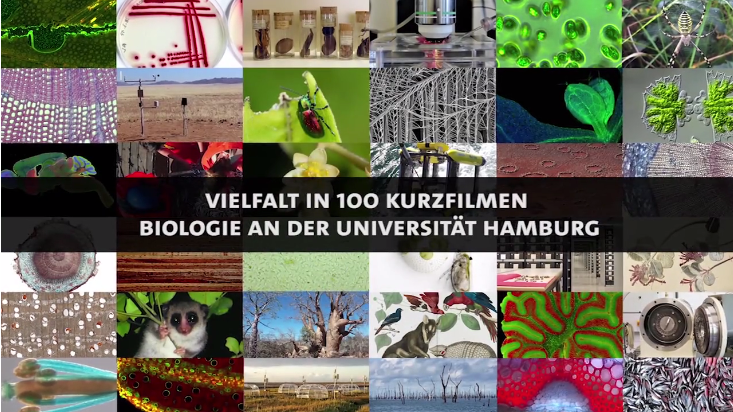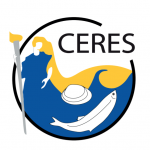CERES for Blue Growth
From 2016 to 2020, CERES investigated how climate change will influence Europe’s most important fish and shellfish resources and the economic activities depending on them.
We developed tools and strategies that can help fisheries, aquaculture sectors and governments to prepare for the adverse changes or future benefits of climate change.
Latest news

New CERES video: ‘Das Leben im Meer unter dem Einfluss des Klimawandels’
A video about the CERES project was recently featured on the Universität Hamburg website as part of the university’s centenary celebrations.
Latest publications
Harmful algal blooms and climate change: exploring future distribution changes
In this study, high resolution, downscaled shelf seas climate projections for the north-west European shelf were nested within lower resolution global projections, to understand how the distribution of harmful algae may change by the mid to end of century. Projections...
Seasonal variability of diet and trophic level of the gelatinous predator Pelagia noctiluca (Scyphozoa)
By use of a combination of stomach contents, stable isotope (SI) and fatty acid (FA) analyses, we tested the hypothesis that changes in the seasonal dietary sources of P. noctiluca parallel changes in the FA and SI composition. This study also revealed significant...
The Baltic Sea Atlantis: An integrated end-to-end modelling framework evaluating ecosystem-wide effects of human-induced pressures
We present a new framework, with a Baltic implementation of the spatially-explicit end-to-end Atlantis ecosystem model linked to two external models, to explore the different pressures on the marine ecosystem. We conclude that the Baltic Atlantis forms an initial...
Funding
![]() This project receives funding from the European Union’s Horizon 2020 research and innovation programme under grant agreement No 678193 (CERES, Climate Change and European Aquatic Resources). The content of this website does not reflect the official opinion of the European Union. Responsibility for the information and views expressed therein lies entirely with the author(s).
This project receives funding from the European Union’s Horizon 2020 research and innovation programme under grant agreement No 678193 (CERES, Climate Change and European Aquatic Resources). The content of this website does not reflect the official opinion of the European Union. Responsibility for the information and views expressed therein lies entirely with the author(s).
March 2016 - February 2020 I 5.6 Mio Euros .
Contact
CERES Office Universität Hamburg, Germany
Professor Dr. Myron Peck, scientific coordinator
Anastasia Walter, project manager
Phone +49 40 42 838 9891
Email contact@ceresproject.eu
Twitter @ceresproject_eu

